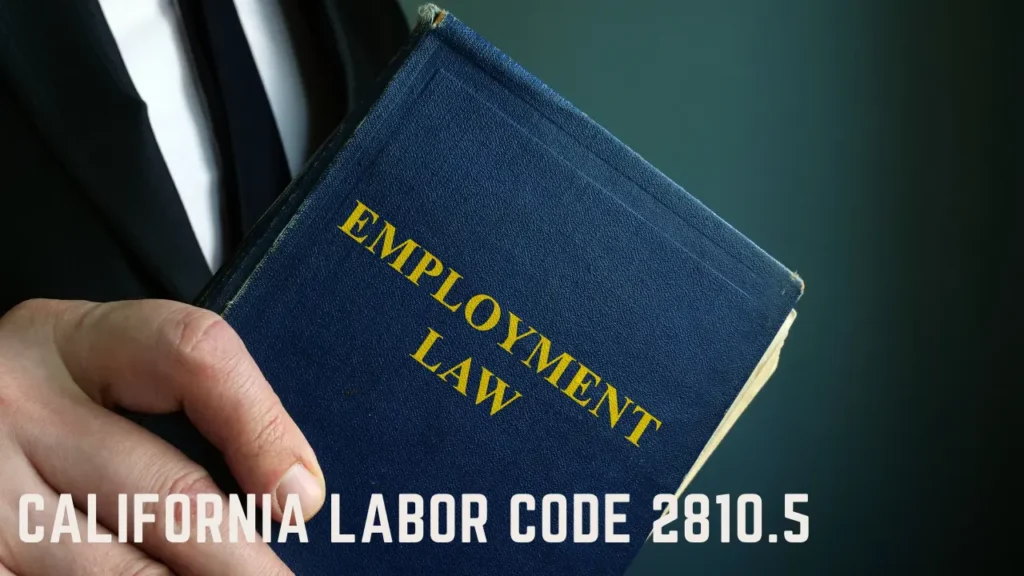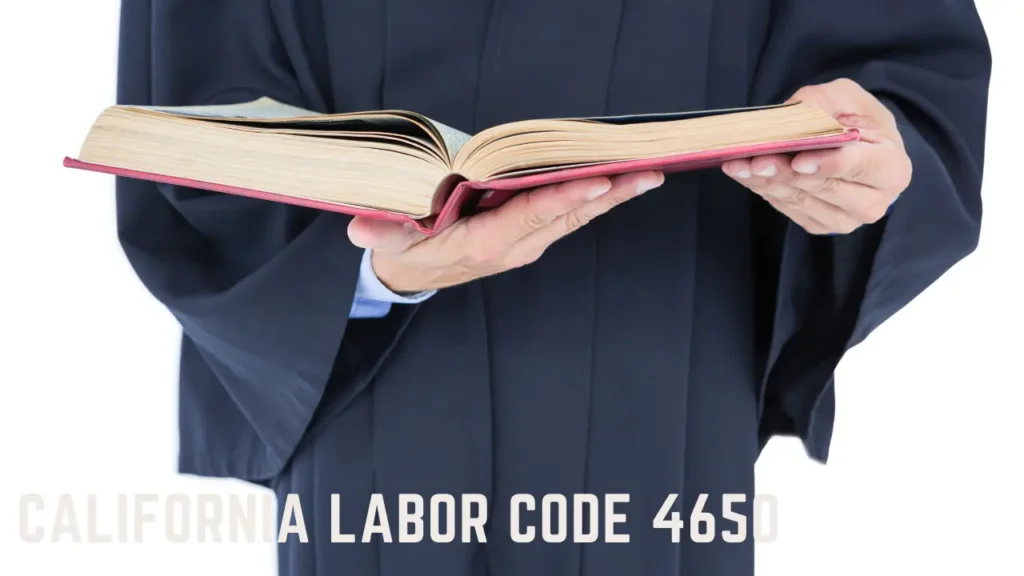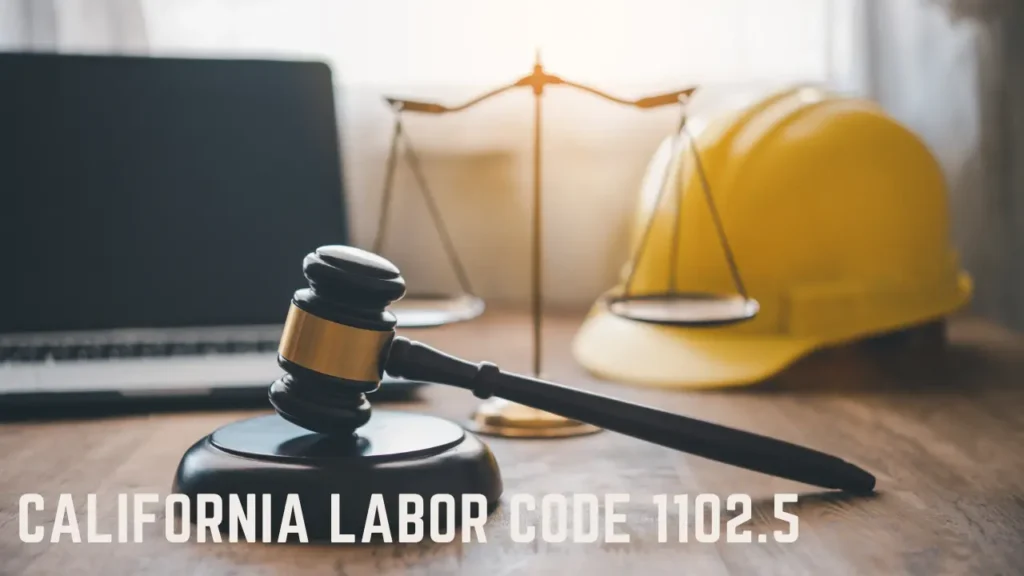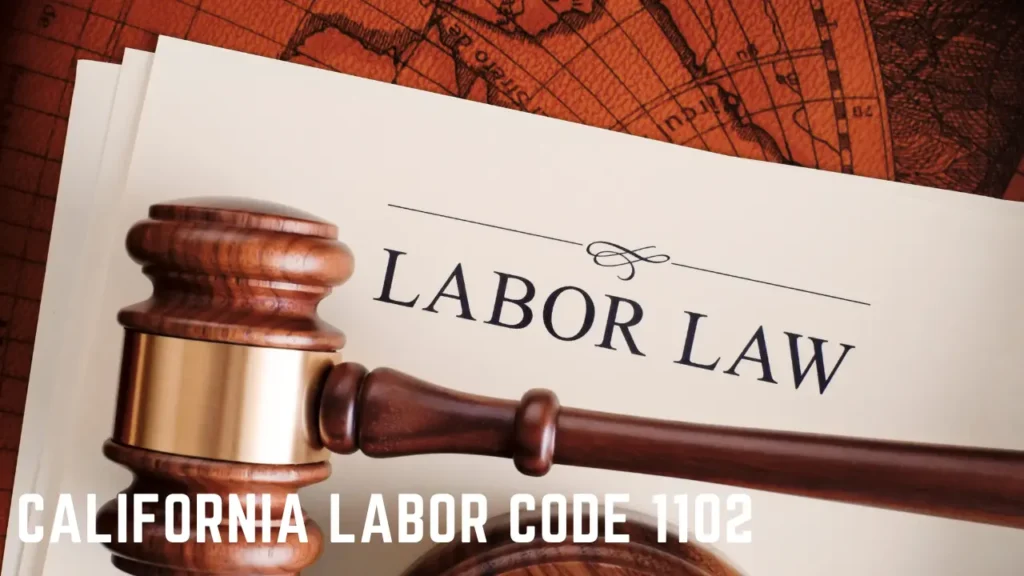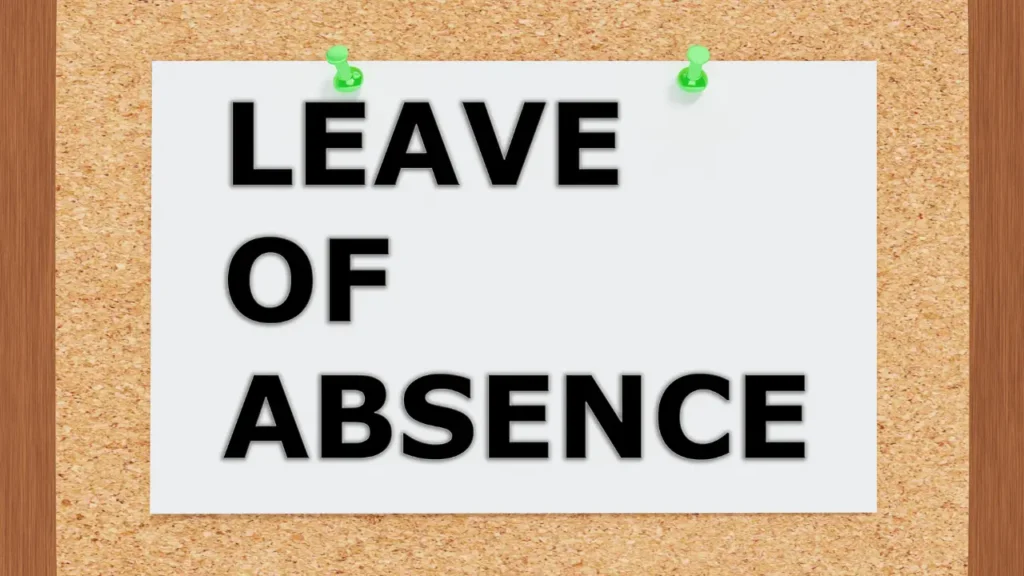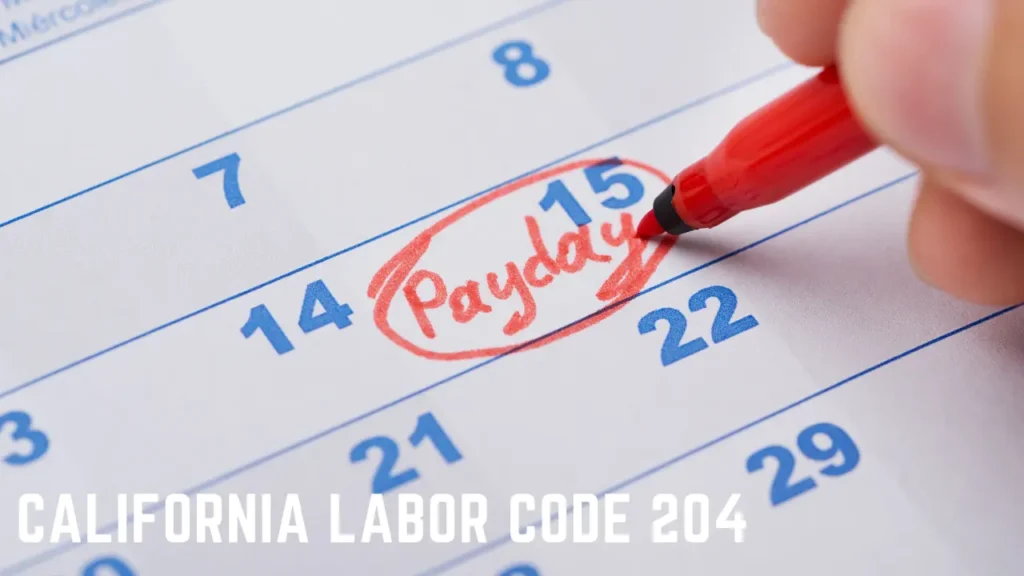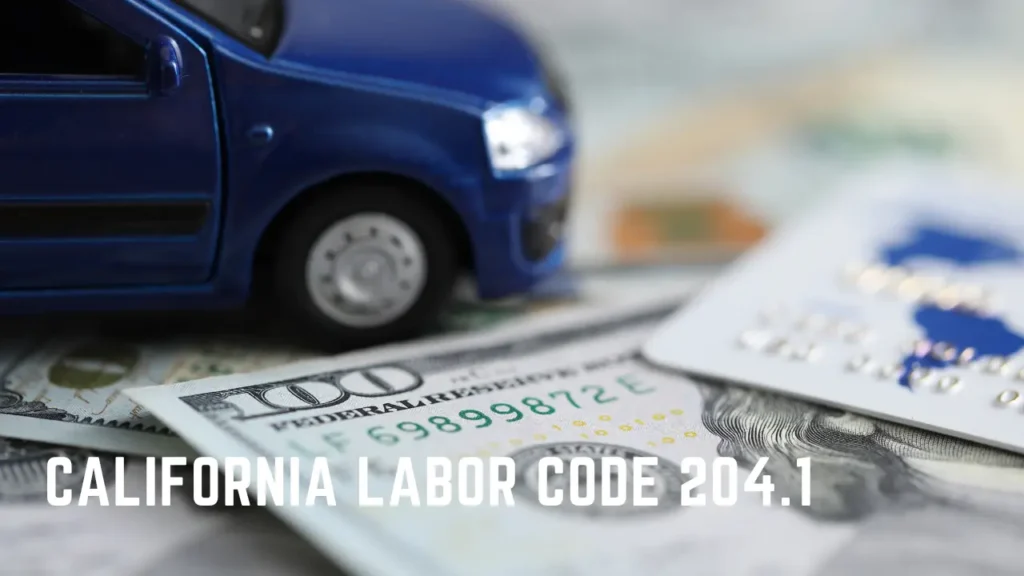Table of Contents
ToggleEnsuring compliance with this labor code is not only a legal obligation but also serves as a fundamental aspect of effective business management and can potentially safeguard against future litigations. Conversely, the repercussions of non-compliance can be severe, with significant legal and financial implications.
As we proceed, the complex intricacies of this labor code, its potential benefits, and the consequences of non-compliance will be further explored, providing valuable insights into this critical aspect of labor law.
Understanding Labor Code 1174 Requirements
In order to thoroughly comprehend the requirements of Labor Code 1174, it is essential to scrutinize its record-keeping mandates:
- Employers are obligated to maintain detailed data, including each employee’s name, address, and age if below 18.
- Payroll records must be preserved for a minimum of three years.
This decree is not merely administrative but instrumental in various aspects:
- Resolving wage and hour disputes.
- Employee classification.
- Ensuring correct payment of regular and overtime rates.
The records can be centrally stored or at the employees’ work location and must be accessible to the Division of Labor Standards Enforcement (DLSE) at no cost. Non-compliance:
- Leads to civil penalties and lawsuits.
- Impedes the resolution of employment-related disputes.
This underscores the importance of adherence to Labor Code 1174.
Importance of Record-Keeping Compliance
Underscoring the significance of meticulous record-keeping compliance, employers must recognize its crucial role in facilitating wage disputes resolution, safeguarding correct employee classification, and ensuring proper payment of regular and overtime rates.
- Wage Dispute Resolution: Record-keeping compliance simplifies the process of wage dispute resolution. With clearly maintained records, discrepancies are easily spotted and rectified, reducing the chances of escalating disagreements.
- Employee Classification: Proper record-keeping ensures accurate employee classification, preventing misclassification that could lead to legal complications.
- Wage Correctness: Lastly, maintaining records aids in the calculation of correct payment amounts, especially for overtime work, maintaining fairness in the workplace and helping to avoid potential wage theft issues.
Liabilities for Non-Compliance Employers
While compliance with Labor Code 1174 is a legal requirement for employers in California, non-compliance carries significant liabilities, including potential penalties and legal action. Employers who fail to maintain accurate payroll records risk incurring fines, litigation costs, and potential damage to their reputation.
Legal action may be initiated by employees who’ve been adversely affected, the Division of Labor Standards Enforcement (DLSE), or even third-party entities. Furthermore, non-compliant employers may be ordered to compensate employees for unpaid wages, including overtime. In severe cases, officers or directors may also face personal liability.
Thus, adherence to Labor Code 1174 is not only a legal obligation, but also a protective measure against financial and legal risks.
Consequences of Record-Keeping Failures
Failure to adhere to the record-keeping mandates stipulated in California Labor Code 1174 can have serious ramifications for employers, ranging from financial penalties to potential legal action.
- Financial Penalties: Non-compliance can lead to substantial fines. These can be assessed per record or per employee, and can accumulate quickly, causing significant financial strain for businesses.
- Legal Action: Employees or the Division of Labor Standards Enforcement (DLSE) can file lawsuits against non-compliant employers. This can result in additional costs, including legal fees and potential damages.
- Reputational Damage: Beyond monetary penalties and legal repercussions, failure to comply can damage a company’s reputation, making it difficult to attract and retain talented employees. Compliance with Labor Code 1174 is not just a legal obligation, but also a matter of corporate responsibility and ethics.
Legal Precedents in Labor Code 1174
Delving into the realm of legal precedents related to Labor Code 1174, it becomes evident that several key court cases have shaped the interpretation and enforcement of these record-keeping mandates. Cases such as Cleveland v. Groceryworks.com, LLC and Reynolds v. Bement have been instrumental in defining employer liability and the consequences of non-compliance.
In these cases, courts emphasized the importance of proper record-keeping for the resolution of wage and hour disputes, and the need for employees to exhaust administrative remedies before taking legal action. These rulings have not only reinforced the requirements of Labor Code 1174 but also underscored the potential legal consequences for employers who fail to comply.
Thus, legal precedents serve as a guide for both employers and employees navigating Labor Code 1174.
Examining Related Labor Code Sections
In the broader context of California’s labor laws, it is crucial to examine related sections of the Labor Code, such as section 226, which provide additional guidelines and stipulations that complement the record-keeping requirements laid out in Labor Code 1174.
Labor Code § 226: This section mandates employers to provide itemized wage statements to their employees, detailing hours worked, rates of pay, and deductions. This enhances transparency and accountability.
Labor Code § 1198.5: This statute allows employees to inspect and copy their personnel files, enhancing their rights and ensuring fair labor practices.
Labor Code § 2802: It requires employers to reimburse employees for necessary business expenses, ensuring that workers are not unduly burdened financially.
These sections, interwoven, create a comprehensive legal framework for employment in California.
Employee Rights Under Labor Code 1174
To ensure fair labor practices and uphold the rights of employees, California Labor Code 1174 bestows on them certain privileges and protections.
This code mandates employers to maintain comprehensive payroll records, including personal employee details and accurate remuneration data. This not only ensures timely wage payment but also enables resolution of wage and hour disputes.
The records, which must be preserved for three years, can be inspected by the DLSE, safeguarding employees from potential labor law violations. Non-compliance by employers can lead to penalties and legal consequences.
As such, Labor Code 1174 plays a crucial role in promoting workplace transparency, fostering trust between employers and employees, and upholding the labor rights of California workers.
Legal Support for Employment Issues
While the California Labor Code 1174 lays out clear mandates for employers to protect employee rights, legal assistance remains a pivotal resource for workers when confronting potential violations or disputes.
- Legal Consultation: Employees can tap into legal expertise to understand their rights and protections under the Labor Code 1174. This knowledge can help them identify potential violations and determine the appropriate course of action.
- Representation in Disputes: Legal support can provide representation for employees in disputes over wage and hour issues, record-keeping violations, and other labor code infractions. This can be invaluable in navigating the complexities of labor law litigation.
- Resolution and Remediation: Through legal aid, employees can seek remedies for violations, including back pay, penalties, and injunctions against non-compliant employers, ultimately preserving their rights and interests.
Navigating Labor Code Compliance
Navigating compliance with Labor Code 1174 entails a thorough understanding of its record-keeping mandates, a commitment to uphold these requirements, and a proactive approach to addressing any potential violations.
Employers must ensure that payroll records, inclusive of employee details, are maintained for at least three years and are accessible for inspection by the DLSE. Compliance plays a critical role in resolving wage disputes, verifying correct payments, and determining employee categorizations.
Non-compliance exposes employers to potential legal actions and civil penalties. With knowledge of key legal references and precedents, employers can better avoid violations.
Lastly, engaging legal assistance can be instrumental in ensuring compliance, thereby fostering a fair and compliant work environment.
Addressing Employer Non-Compliance
In the event of employer non-compliance with California Labor Code 1174, it is crucial to understand the potential consequences and the necessary steps for addressing such violations.
- Consequences: Non-compliant employers face potential civil penalties and lawsuits. Additionally, the inability to produce adequate payroll records can negatively affect the resolution of wage and hour disputes.
- Addressing Violations: Employees must exhaust administrative remedies before legal action. Such remedies may include filing a claim with the Division of Labor Standards Enforcement (DLSE).
- Legal Assistance: Legal groups like the Jonny Law provide support and representation for employees navigating these challenges. It’s important to seek prompt legal advice to ensure rights are protected and any violations are appropriately addressed.
Conclusion
In conclusion, understanding and adhering to California Labor Code 1174 is crucial for both employers and employees. It ensures proper record keeping, aids in dispute resolution, and verifies compliance. However, non-compliance can lead to serious legal consequences.
Legal precedents reinforce the importance of these regulations while resources are available for employees facing non-compliance issues. Thus, Labor Code 1174 serves as an essential tool for maintaining fair practices in the workplace.


